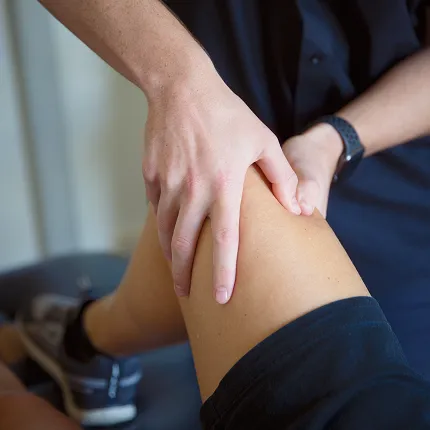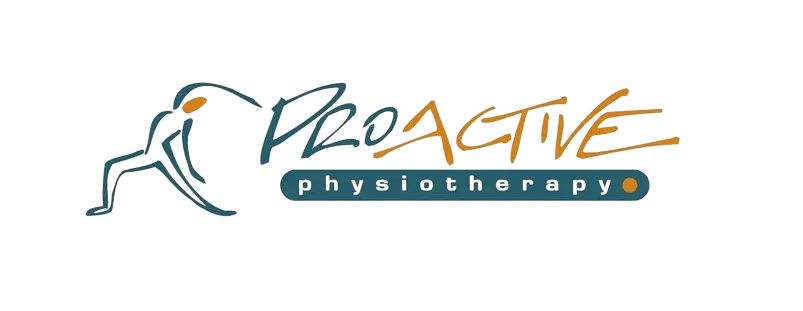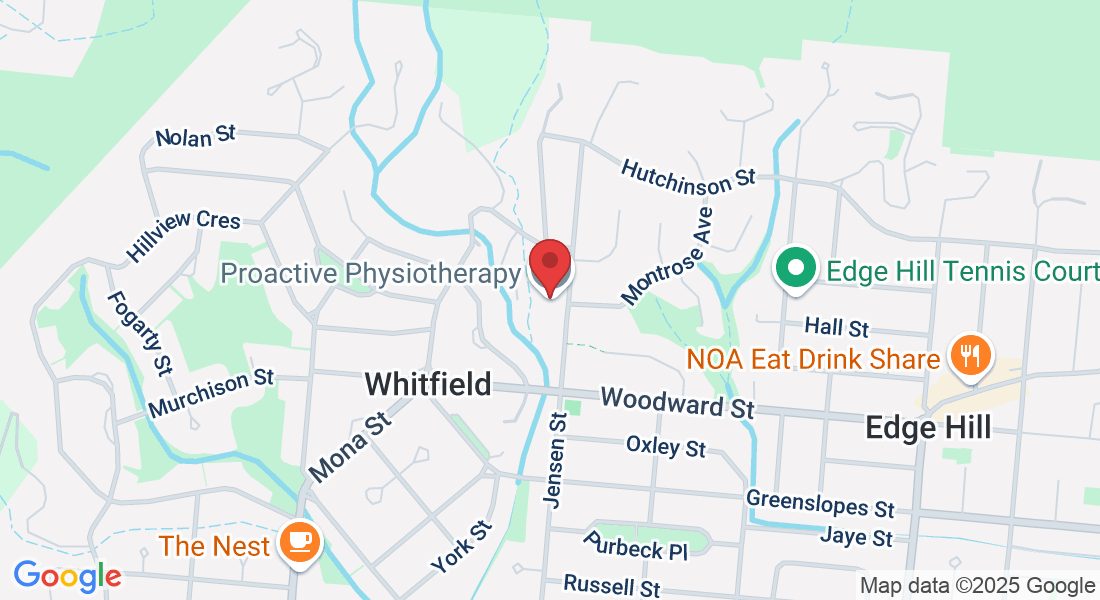Are You Looking For a Physiotherapist In Cairns - Queensland?
Why Book at Proactive Physiotherapy?
Expert Care. Proven Results. Convenient Location.
When it comes to your health, you deserve the best and that’s exactly what we deliver.
At Proactive Physiotherapy, we combine clinical expertise with genuine care to provide results-driven physiotherapy that puts you first.
Our experienced team doesn’t just treat symptoms, we pride ourselves on our pain to performance approach to client care where we take the time to understand the root cause of your pain and create a personalised plan to help you move better, feel stronger and get back to what you love. Our model is relieving symptoms, restoring function and improving your long term health.
Because it's not just about living longer—it's about living well. Prioritising your health span means staying active, independent and pain-free for as many years as possible.
Make your health a priority and book an appointment with one of our expert physios and take the first step towards better health.

Proactive Physiotherapy was established by Julie Faulks in 1989 and has consistently provided a high standard of Physiotherapy care to the residents and professionals of Cairns, as well as the broader community.

What Sets Us Apart?
Having provided services to the Cairns community for over 40 years and with over 120 years of combined experience as manual therapy and exercise physiotherapists our current team brings a depth of knowledge that few clinics can match. We've seen almost every type of injury and condition—and we know what works.
We have a dedicated headache and migraine clinic,(CHMC) with level 1, 2 and 3 practitioners using the Watson technique.
We have a dedicated pelvic health and continence clinic (CPHC) with 4 pelvic health physios providing services for men, women and children.
Confused about your pain and not sure what to do?
Get clear, professional advice in our free downloadable information packs
Back Pain
Understand why back pain happens and how to help it
Shoulder Pain
Understand why shoulder pain happens and how to help it
Knee Pain
Understand why knee pain happens and how to help it
How Can We Help?
At Proactive Physiotherapy we treat a wide range of conditions from everyday aches to complex injuries. Whether you're dealing with a recent injury or something that’s been nagging you for a while, our experienced physiotherapists can help you understand the cause and work towards lasting relief.
We commonly help clients with:
Back pain – from stiffness and postural strain to disc injuries and sciatica
Neck pain & headaches – including tension, whiplash and desk-related strain
Shoulder pain – such as rotator cuff issues, bursitis and frozen shoulder
Knee pain – from ligament injuries and arthritis to patellofemoral pain
Hip & pelvic pain – affecting movement, stability or sleep
Ankle & foot problems – including sprains, Achilles issues and plantar fasciitis
Post-surgical recovery – regain strength and mobility after orthopaedic surgery
Sports injuries – from sprains and strains to overuse injuries
Balance and dizziness issues – including BPPV and vestibular dysfunction

Cairns Pelvic Health Clinic

Centre of Excellence for Women's and Men's Pelvic Health and Continence.
Cairns Headache and Migraine Clinic

For the assessment and treatment of headaches, migraines and their related symptoms.
Contact us today to speak with our friendly team and find out how we can help you feel your best
Latest Tips and Advice
When Falling Isn’t Just Clumsiness: Why Some Kids Struggle to Run
Frequent falls or clumsy running in kids may signal more than just clumsiness. Learn why some children struggle to run, common causes, and how paediatric physiotherapy can help build confidence, stren... ...more
Physiotherapy
October 01, 2025•3 min read
Don't Push When You Pee
Pushing when you pee can harm your pelvic floor, cause prolapse, or worsen bladder issues. Learn why relaxing matters, healthier toilet habits, and when to see a pelvic health physiotherapist. ...more
Physiotherapy
September 24, 2025•3 min read
Pelvic Organ Prolapse & Constipation: Why They’re Connected
Pelvic organ prolapse and constipation often go hand in hand, causing discomfort and affecting daily life. ...more
Physiotherapy
September 24, 2025•2 min read




Proactive Physiotherapy is powered by Vitala Health, a group of Allied Health Practices across New Zealand and Australia.
Vitala Health provides clinical solutions that supports clients health and lifestyle needs through best practice treatment, premium facilities, education and ongoing commitment to customer service. Learn more about Vitala Health
If you have any questions before scheduling an appointment or for general enquiries, please contact us. Our team will promptly reach out to assist you.
Opening Hours
Mon: 8:00am - 6:00pm
Tue: 8:00am - 6:00pm
Wed: 8:00am - 6:00pm
Thu: 8:00am - 6:00pm
Fri: 8:00am - 6:00pm
Sat: Closed
Sun: Closed


Follow Us
The Clinic
Common conditions
© Copyright 2025. Vitala Health. All rights reserved.


Laura is amazing, of all the medical things I’ve had to experience in my life she has been the most helpful, she’s lovely to talk to and really knows her stuff, thank you Laura :)